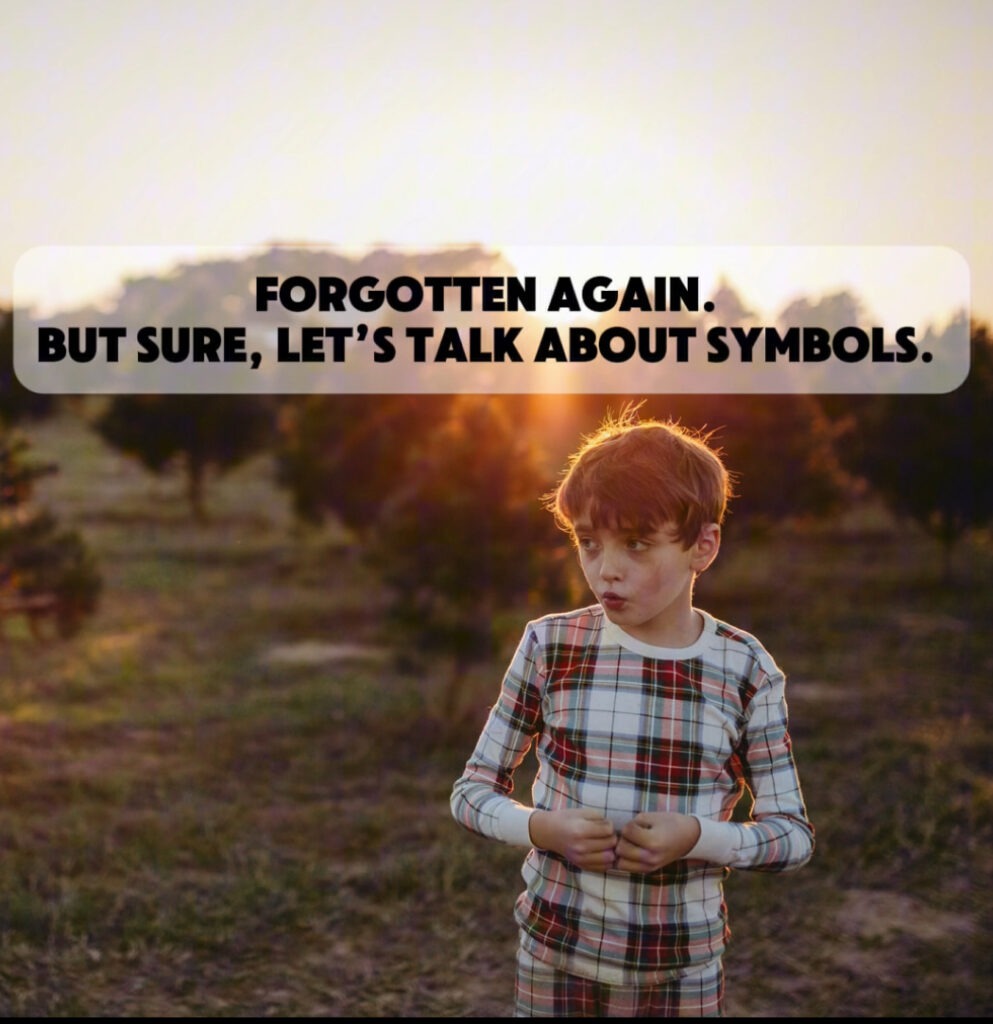
Brace yourself. It’s that time of year again… the time when people care more about colors, symbols, and trendy terminology than actually advocating for the people they claim to care about.
World Autism Month: But Who Gets Left Behind?
It’s April. Autism Awareness. Acceptance. Advocacy. Whatever you want to call it. I call it World Autism Month.
This is also that time of year when people with profound autism (yes, severe autism, level 3, high support needs…pick your label) are pushed further to the sidelines. While the world turns its attention to autistic voices who can eloquently advocate for themselves, the most vulnerable individuals, the ones who can’t speak up, are conveniently forgotten. Again.
Misinformation, Outrage, and Virtue Signaling
It’s that time of year when self-proclaimed advocates spend more time yelling at parents and caregivers for supporting the “wrong organization” than actually doing anything that improves the lives of those with profound autism. They’ll regurgitate the same tired misinformation and conspiracy theories that have been floating around social media for over a decade—because who needs facts when outrage gets more likes?
And let’s not forget the performative advocacy. Virtue signaling on Instagram makes some feel like champions for the cause. But where does that leave the parents in the trenches, the ones cleaning up after toileting accidents, preventing elopement, and managing self-injurious behavior? Oh right, they’re accused of “ableism” for daring to talk about how hard it really is.
Why Acknowledging Profound Autism Makes People Uncomfortable
It’s that time of year when people get offended by phrases like “profound autism” because it makes them uncomfortable. God forbid we acknowledge that not everyone experiences autism the same way. Heaven forbid we admit that some individuals can’t speak, can’t advocate, and will need lifelong care. Nope, better to just label it all as “ableism” and pretend ignoring reality makes us good allies.
Tone Policing and Silencing Real Conversations
And oh, don’t forget, it’s that time of year when tone policing is at an all-time high.
- If you’re too emotional? You’re hysterical.
- Too factual? You’re cold and uncaring.
- Too direct? You’re aggressive.
Because nothing shuts down meaningful conversation faster than people being more concerned about how the truth is delivered than actually acknowledging it.
So yes, it’s that time of year. The month when awareness turns into arguing, and acceptance becomes just another buzzword. And once the hashtags fade and the spotlight moves on, the families left behind? They’re still there. Fighting the same battles. Alone.
But Sure, Let’s Argue About a Puzzle Piece
Tell me again how arguing over a puzzle piece is making a difference.




1 Comment
anonymous
2025-04-04 at 11:53 PMAutistic Self-Advocacy Network spending $0 on support and services: No one bats an eye.
Autism Speaks spending about $14.7 million: Everyone goes ballistic.